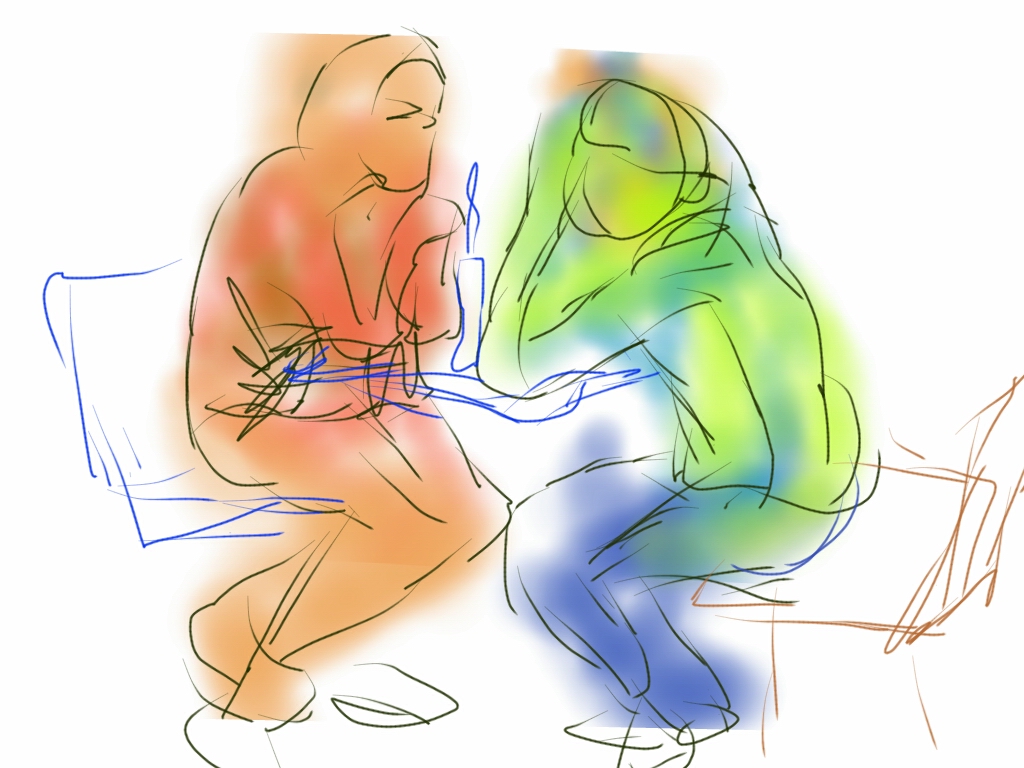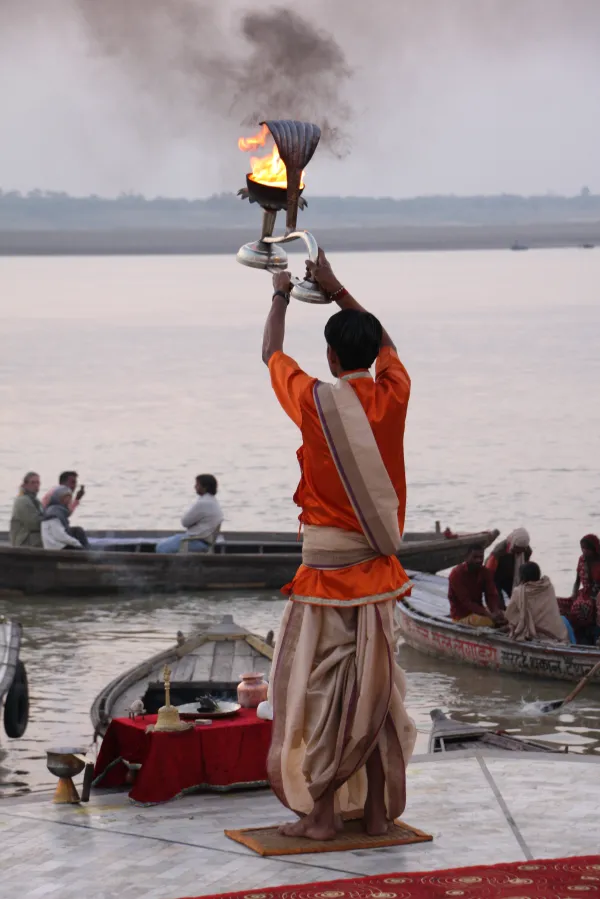 or those of you who are new, we were inspired by The Center for Fiction in Brooklyn who chose 7 debut novelists as finalists for a prize. Here at Godot we have read those same seven, and now we have voted on the prize ourselves.
or those of you who are new, we were inspired by The Center for Fiction in Brooklyn who chose 7 debut novelists as finalists for a prize. Here at Godot we have read those same seven, and now we have voted on the prize ourselves.
RECAP
Brood by Jackie Polzin
OVERVIEW
We are brought into the world of chickens, their maintenance, their habitat, their welfare. Four chickens, Gloria, Gam Gam, Miss Hennepin County, and Darkness, occupy our thoughts and the thoughts of the narrator. “Do the chickens think of warmer times?” The unnamed narrator poses that question and then answers it: “They do not. By the time a snowflake has landed, snowflakes are all a chicken has ever known. Theirs is a world of only snowflakes or only not.” I especially responded to the narrator’s style of writing and the way she layered her observations and her sorrow, because she was not able to have children.

Brood https://jeannekoresalvato.com/brood/
Build Your House Around My Body by Violet Kupersmith
OVERVIEW
Well, this story is not easy to recap. (Spoiler alerts) We start with Winnie, a Vietnamese / American arriving in Saigon, who goes missing. Her sort of boyfriend begins a desultory search, as the novel, likewise, wanders off in search of Vietnamese history, superstition, murder and intrigue. On the one hand, it is a brilliant collection of various aspects of Vietnamese culture, both present and past. On the other hand, due to its extravagant largesse, it manages to lose Winnie in the process, which is no mean feat because Winnie is already missing! Its sheer extravagance is brilliant.

Build Your House https://jeannekoresalvato.com/build-your-house-around-my-body/
No One is Talking About This by Patricia Lockwood
OVERVIEW
There’s a two-part structure of the book. First, the communal consciousness via the Internet, or the portal as it is called here. And secondly, the very personal upending event in her family, which actually happened, when her sister gives birth to a baby with Proteus syndrome, familiar to us from the play The Elephant Man.Part I, then, features an Internet influencer who goes around the globe, talking about her generation and the portal. She became famous for a post that said, “Can a dog be twins?” She is awash in the particular, random detail, the communal stream of consciousness and addiction that is the Internet. In Part II the news of the genetic defect and the decisions that have to be made with regard to this kind of a pregnancy are harrowing.
So what are people not talking about? Perhaps it’s that the specificity of the Internet doesn’t make it into novels. Or could it be a challenging pregnancy? Other questions: Do the two parts go together? Kind of. Is it immature? Yes. Is it brilliant? Yes.

No One Is Talking https://jeannekoresalvato.com/no-one-is-talking-about-this/
The City of Good Death by Priyanka Champaneri
OVERVIEW
The story begins in Benares, the holy city on the Ganges, where the sick and dying make pilgrimages to die. Pramesh, the manager of a death hostel, is attentive to the needs of the dying and their families. He is also attentive to his own family, Shobha and their daughter, Rani. There is quite a world surrounding the death hostel: the ghats, the police, the homeless, the boatmen, the merchants, the neighbors. And we must also include the ghosts.
Early in the story, a man is fished up out of the river who looks strikingly like Pramesh. In fact, it is his cousin, Sagar, from whom he has been separated for many years. For Pramesh to discover the drowned Sagar with no explanation for his sudden presence in the city is a mystery that permeates the book. It is an expansive book, touching on many Hindu cultural norms, from religious beliefs to food. It also deals with the ways women can be ostracized and families devalued. A parallel story unfolds, in which the sister of a policeman died in strange circumstances, an apparent suicide, leaving his other sisters in a kind of Indian limbo, unable to marry. A large canvas of a novel.

The City of Good Death https://jeannekoresalvato.com/the-city-of-good-death/
Swimming Back to Trout River by Linda Rui Feng
OVERVIEW
Four Chinese lives intertwine: Momo, a village boy who earns a prestigious scholarship and does his village proud; Cassia, a nurse, who becomes his wife, who nurses a brutal secret; Junie, their child born with no legs from the knees down; and Dawn, a violinist and college friend of Momo’s. The early part of the book with its rich setting and each personal adjustment of three adults to the cultural revolution is very painful and compelling.
Momo goes to the West, to study engineering in a make-believe town in Wyoming, leaving Junie with his parents. Cassia intends to join her husband, flying into San Francisco, but decides not to continue on to meet him. She is the most fragmented character. We learn that the man Cassia first loved was harassed during the cultural revolution and ultimately bullied backwards until he fell out of a window. Cassia never recovered; never told her husband, Momo, about this until the end of the story, with Momo and Cassia on their way to scatter the ashes of a stillborn baby they’d had after Junie. A tender, fragile almost-reconciliation in the fog, until an elk steps out into the road, causing a fatal accident. Dawn goes to Trout River to teach Junie the violin, and Junie apparently becomes highly successful.

Swimming Back to Trout River https://jeannekoresalvato.com/live-a-little-read-a-little-novel-1/
The Love Songs of W.E.B. Du Bois by Honorée Fanonne Jeffers
OVERVIEW
It begins like the book of Genesis with the ancestors of the current day protagonists.
In addition to that, we have an interwoven “real time” story, focusing on Ailey: her own family life, her coming of age, her love affairs, her family complications, her deep love for her troubled sister. Some readers love this thread that traces one individual through the fabric of the novel against the background of a welter of ancestors. Both in the story of the ancestors, girls victimized by a white slaveholder, and in the real time story, girls victimized by a grandfather, this struggle against pedophilia is such a heartbreaking burden. Ailey’s continued struggle with her past as it plays out in her sexual relationships is brilliantly rendered. Likewise, her sister Lydia’s demise due to drugs is painful to witness.
We also have the history of Georgia, paeans to Africa and its loss. And, of course, we have the quotes from W. E. B. Du Bois, serving as commentary. Actual historical events, such as “The Weeping Time,” in Georgia, where over 400 slaves were sold and the skies poured down rain for two days, are woven into the narrative. The story moves back and forth between the ancestors and Ailey’s story. History is braided in, as is the celebration of the women both before Georgia became Georgia and after. Highly skilled structure.
W.E.B. Du Bois

Love Songs https://jeannekoresalvato.com/the-love-songs-of-w-e-b-du-bois/
The Five Wounds by Kirstin Valdez Quade
OVERVIEW
A young man in his thirties, is perennially down on his luck. He lives with his mother and he’s out of work. One unusual event on the horizon is that as a member of a secret brotherhood, he has been chosen to play the role of Christ in the Easter passion week, carrying a cross and being hoisted upon it. His pregnant, unmarried, teenage daughter, Angel, appears out of the blue to live with him and her grandmother. She enrolls herself in a school for pregnant mothers, learning both neo-natal skills and working towards a GED. Exploration of sexuality, desire, and appropriate boundaries is handled in an interesting way. Can this family actually become a family? The answer is a kind of yes, in fits and starts. Angel leads the pack, somehow, to a more coherent understanding of family.

The Five Wounds https://jeannekoresalvato.com/the-five-wounds/
GODOT
Before we get to the prizes awarded, by the Center for Fiction and for us, I’d like to give an overview of what the texts have in common and compare that to Beckett’s Waiting for Godot.
First, family. Families play a prominent role: trying to have one, trying to escape one, trying to recreate one, trying to understand one. Strikingly, the play has no mention of family. And really no family: no backstory, no siblings, no relatives, and all this times 4, one lack for each person mentioned. Second, sexual partners. Nothing about that in Godot, apart from the excitement of the vagabonds over the idea that if they tried to hang themselves, they turn up with an erection. Third, sense of place or nationality. Richly elaborated in these books, where the felicities of a region or a county are important. No mention of any country, any cultural affiliation, any history, any locale, even, apart from a tree and a country lane, in the play.
What do we have in the play? The answer is staring us in the face. Waiting. In all its glory.
It seems like such a risk for a writer to take. To omit all of the above human preoccupations and then give us what instead? Waiting? I’m glad Beckett went down that road. It’s funny, it’s tragic and it’s everything in-between.
PRIZES
At long last: The Center for Fiction awarded the prize to The Five Wounds.
Our group awarded it to Brood. We received votes for The Love Songs of W.E.B. Du Bois, Swimming Back to Trout River, No One is Talking About This and The City of Good Death. No votes for Build Your House Around my Body or, interestingly, The Five Wounds.
Congratulations to Brood. And Reader, I hope you pick up one of these books to support debut writers and to see what skill and beauty are presented in these novels.